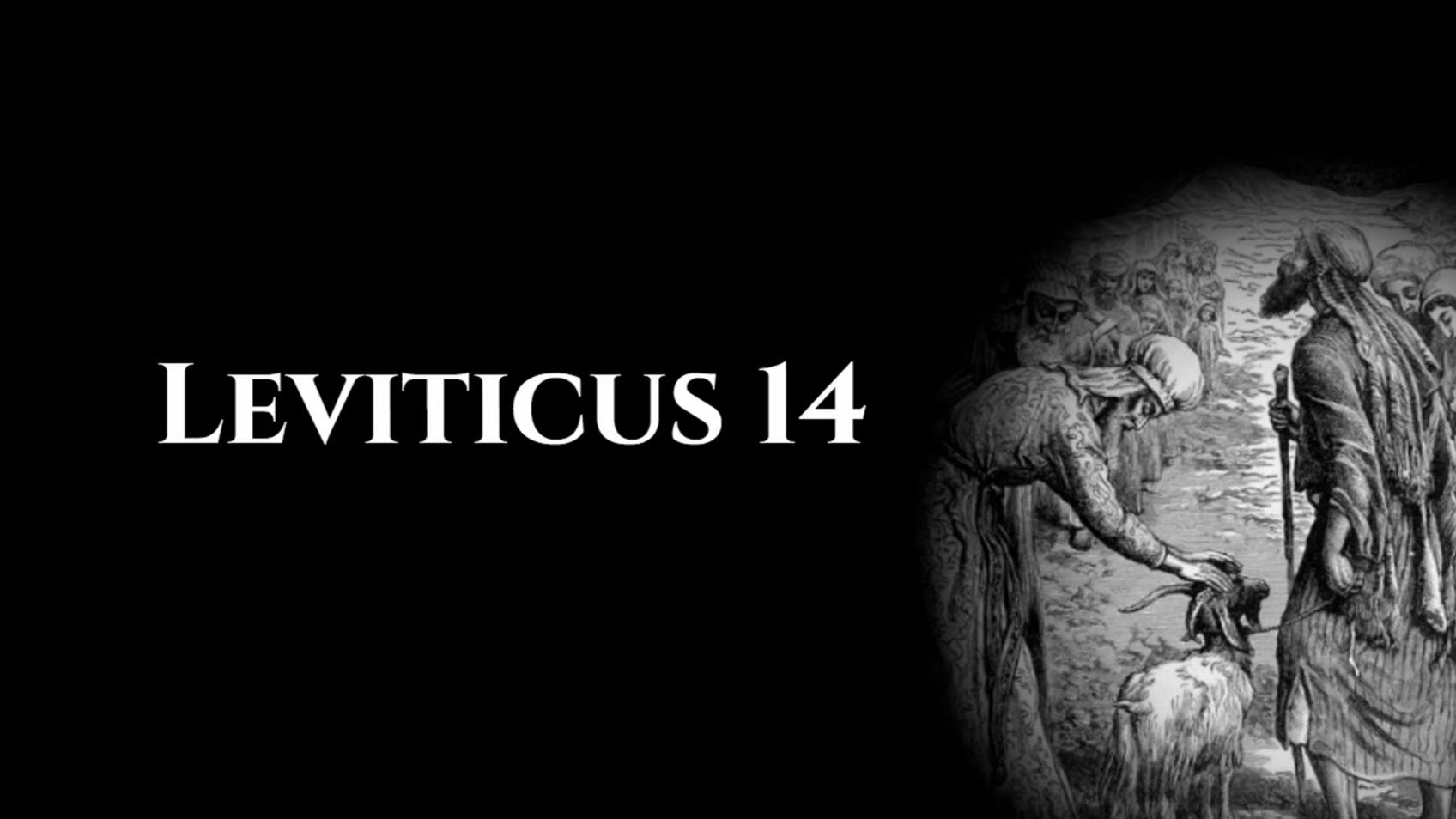Leviticus 14
April 20, 2022

Alastair Roberts
Cleansing in cases of leprosy.
My reflections are searchable by Bible chapter here: https://audio.alastairadversaria.com/explore/.
If you are interested in supporting this project, please consider supporting my work on Patreon (https://www.patreon.com/zugzwanged), using my PayPal account (https://bit.ly/2RLaUcB), or buying books for my research on Amazon (https://www.amazon.co.uk/hz/wishlist/ls/36WVSWCK4X33O?ref_=wl_share).
You can also listen to the audio of these episodes on iTunes: https://itunes.apple.com/gb/podcast/alastairs-adversaria/id1416351035?mt=2.
More From Alastair Roberts
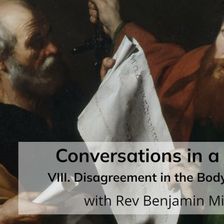
Conversations in a Crisis: Part VIII: Disagreement in the Body of Christ (with Rev Benjamin Miller)
Alastair Roberts
April 22, 2022
Faced with our challenge of remaining faithful within and addressing our various contemporary societal crises with wisdom, Christians and churches are
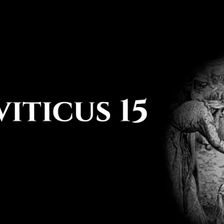
Leviticus 15
Alastair Roberts
April 23, 2022
Laws concerning bodily discharges.
My reflections are searchable by Bible chapter here: https://audio.alastairadversaria.com/explore/.
If you are in
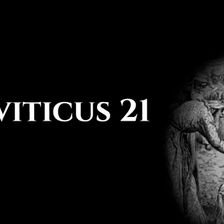
Leviticus 21
Alastair Roberts
April 24, 2022
Laws concerning priestly integrity.
My reflections are searchable by Bible chapter here: https://audio.alastairadversaria.com/explore/.
If you are i
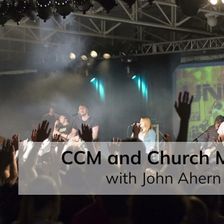
CCM and Church Music (with John Ahern)
Alastair Roberts
April 19, 2022
John Ahern joins me to explore questions related to church music and Contemporary Christian Music (CCM).
The following are a selection of John's arti
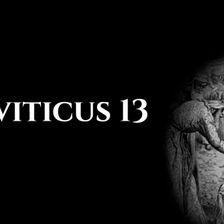
Leviticus 13
Alastair Roberts
April 18, 2022
Cases of leprosy.
My reflections are searchable by Bible chapter here: https://audio.alastairadversaria.com/explore/.
If you are interested in suppo
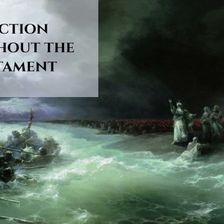
Resurrection Throughout the Old Testament
Alastair Roberts
April 17, 2022
Happy Easter!
More on OpenTheo

Lora Ries: Border Security and Immigration Policy
Knight & Rose Show
December 7, 2025
Wintery Knight and Desert Rose welcome Lora Ries to discuss border security and immigration policy. They explore Biden's policy changes, like ending R

Keri Ingraham: School Choice and Education Reform
Knight & Rose Show
January 24, 2026
Wintery Knight and guest host Bonnie welcome Dr. Keri Ingraham to discuss school choice and education reform. They discuss the public school monopoly'

Why Would Any Rational Person Have to Use Any Religious Book?
#STRask
December 8, 2025
Questions about why any rational person would have to use any religious book, whether apologetics would be redundant if there were actually a good, un

The Heidelberg Catechism with R. Scott Clark
Life and Books and Everything
November 3, 2025
You may not think you need 1,000 pages on the Heidelberg Catechism, but you do! R. Scott Clark, professor at Westminster Seminary California, has writ

Why Is It Necessary to Believe Jesus Is God?
#STRask
February 19, 2026
Questions about why it’s necessary to believe Jesus is God, whether belief in the Trinity is required for salvation, and why one has to believe in the

Can You Provide Verifiable, Non-Religious Evidence That a Supernatural Jesus Existed?
#STRask
November 10, 2025
Question about providing verifiable, non-religious evidence that a supernatural Jesus existed.
* I am an atheist and militantly anti-god-belief. Ho

Is It a Sin to Feel Let Down by God?
#STRask
November 6, 2025
Questions about whether it’s a sin to feel let down by God and whether it would be easier to have a personal relationship with a rock than with a God

Is It Possible There’s a Being That’s Greater Than God?
#STRask
February 5, 2026
Questions about whether it’s possible there’s a being that’s greater than God and that’s outside of God’s comprehension and omniscience, and how to ex

Could the Writers of Scripture Have Been Influenced by Their Fallen Nature?
#STRask
October 23, 2025
Questions about whether or not it’s reasonable to worry that some of our current doctrines were influenced by the fallen nature of the apostles, and h

Is 1 Corinthians 12:3 a Black-and-White Tool for Discernment?
#STRask
October 27, 2025
Questions about whether the claim in 1 Corinthians that “no one can say ‘Jesus is Lord’ except in the Holy Spirit” is a black-and-white tool for disce

Conservatism and Religious Freedom with John Wilsey
Life and Books and Everything
October 27, 2025
What is conservatism? And why does it go hand in hand with religious freedom? How should we think about the American experiment of ordered liberty? Ha

How Can I Explain Modesty to My Daughter?
#STRask
November 27, 2025
Questions about how to explain modesty to a nine-year-old in a way that won’t cause shame about her body, and when and how to tell a child about a pre

Does God Hear the Prayers of Non-Believers?
#STRask
February 26, 2026
Questions about whether or not God hears and answers the prayers of non-believers, and thoughts about a church sign that reads (as if from God), “Just

What Do You Think About Churches Advertising on Social Media?
#STRask
January 19, 2026
Questions about whether there’s an issue with churches advertising on social media, whether it’s weird if we pray along with a YouTuber, and whether C

Does Open-Mindedness Require Studying Other Religions Before Becoming a Christian?
#STRask
February 9, 2026
Questions about the claim that if Christians really want to be open-minded, they need to read and study other religions before committing to Christian
